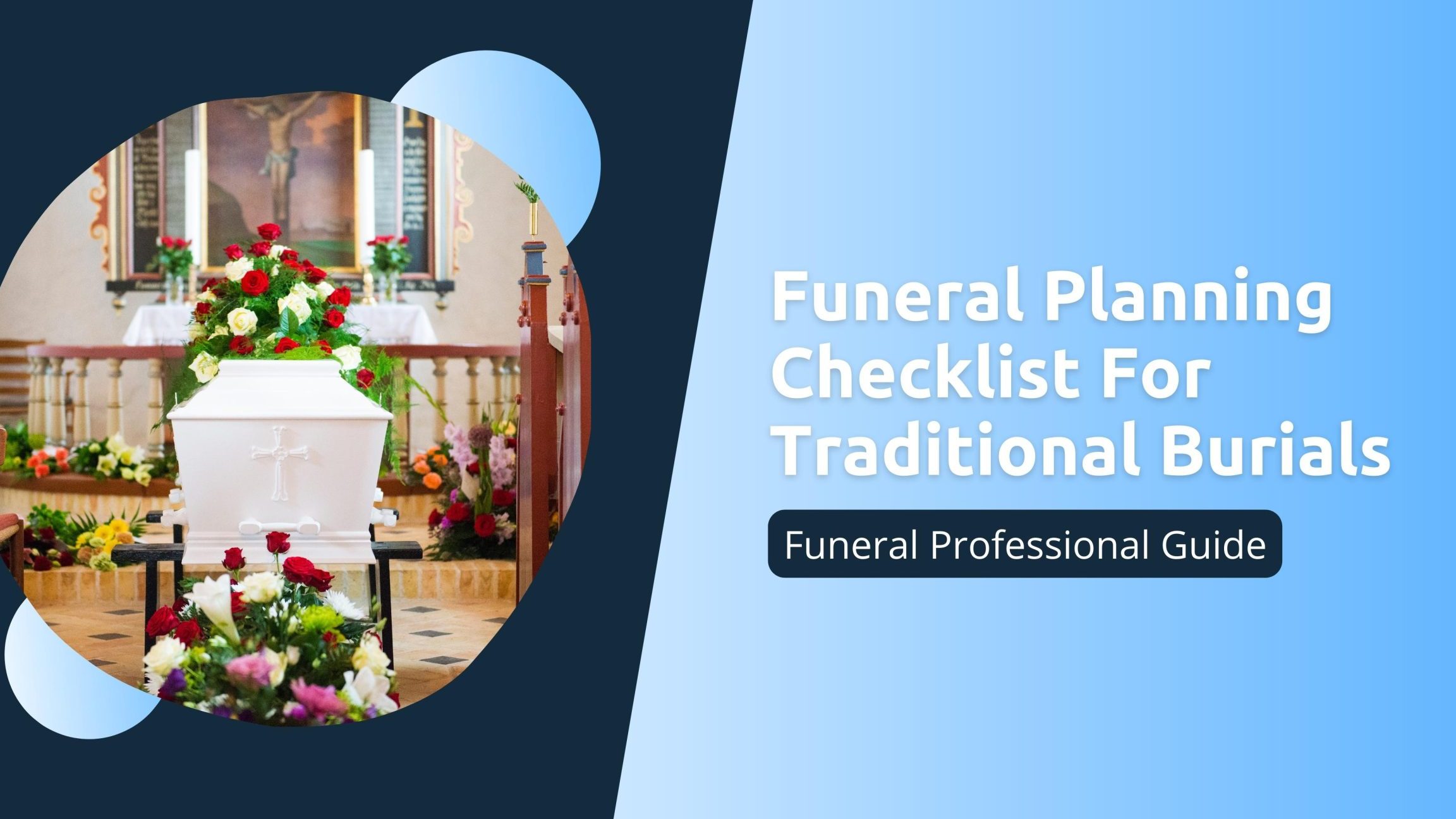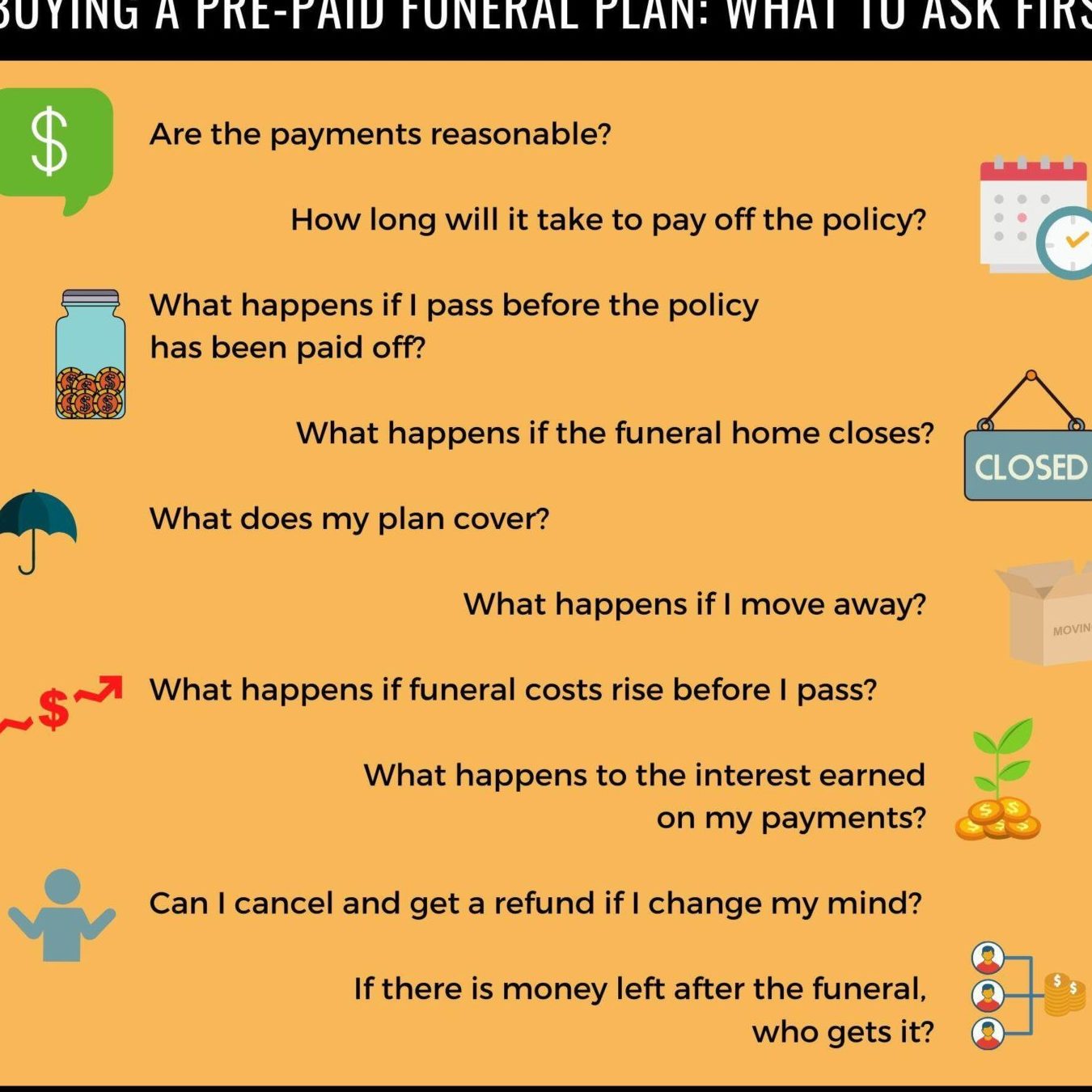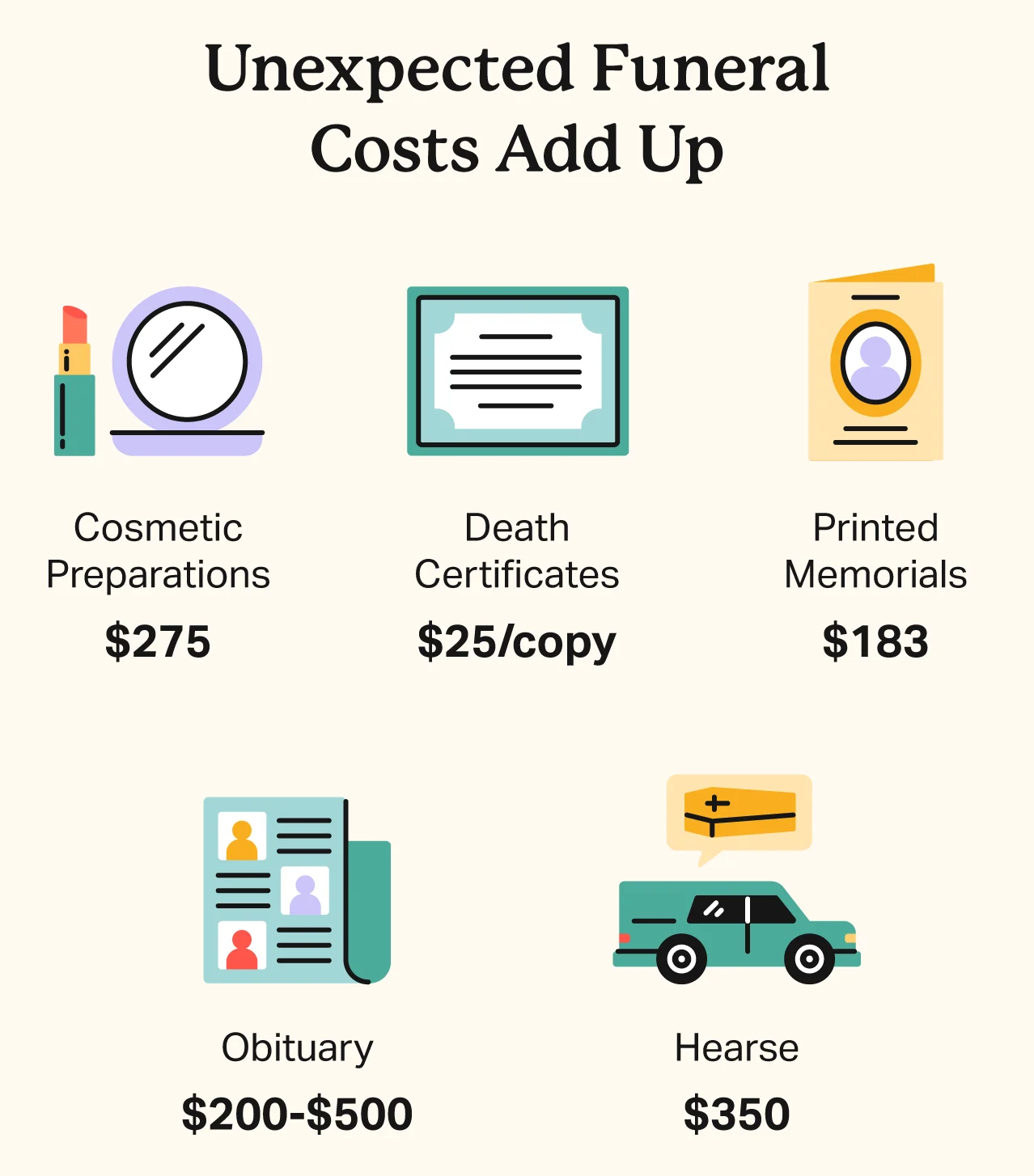Planning a funeral can be a challenging process. In this article, we will guide you through 7 essential steps to help you make the necessary arrangements. From making initial decisions about burial options and selecting a funeral home, to handling financial and legal matters and personalizing the service, we’ll cover all the important aspects. Additionally, we’ll provide tips on contacting family and friends, gathering necessary information, and following through with the arrangements. Let’s begin this practical guide on how to plan a funeral in 7 steps.
Step 1: Making initial funeral planning decisions
When planning a funeral, it is crucial to start by making some initial decisions. This step involves considering two essential aspects: choosing between burial and cremation and selecting a funeral home.
Choosing Between Burial and Cremation
One of the first decisions to make is whether you prefer burial or cremation for the deceased. Consider any religious or cultural beliefs that may influence this choice. Burial involves interring the body in a cemetery or mausoleum, while cremation involves the process of reducing the body to ashes. It’s important to discuss this decision with close family members and consider the deceased person’s preferences if known.
Selecting a Funeral Home
Choosing a funeral home is a significant decision that requires careful thought. Research local funeral homes and consider factors such as reputation, services offered, pricing, and location. Look for a funeral home that aligns with your preferences and has a compassionate and professional staff. Reach out to different funeral homes to gather information, ask for recommendations, and schedule visits to assess their facilities.
Step 2: Gathering Necessary Information
Gathering the necessary information is a crucial step in planning a funeral. It involves collecting vital documents and identifying any pre-planned funeral arrangements.
Collecting Vital Documents
When planning a funeral, it is important to gather vital documents related to the deceased. These documents may include:
- Death certificate: This document is issued by the local authorities and is required for legal purposes.
- Medical records: These records can provide important information about the deceased’s medical history and help with the planning process.
- Insurance policies: Check for any life insurance policies that may cover funeral expenses or provide financial support.
- Will and testament: If the deceased had a will, it is essential to locate and review it for any specific funeral wishes or instructions.
- Identification documents: Gather the deceased’s passport, driver’s license, and any other identification documents that may be required.
Identifying a Pre-Planned Funeral
In some cases, the deceased may have already made pre-planned arrangements for their funeral. It is important to identify if such arrangements exist and locate the relevant documentation. Look for any pre-paid funeral packages, contracts with funeral homes, or instructions regarding the desired type of service.
Gathering the necessary information ensures that you have a clear understanding of the deceased’s wishes and can proceed with the funeral planning process accordingly.
Step 3: Making Arrangements
When it comes to planning a funeral, making the necessary arrangements is a crucial step. This involves determining the type of service, selecting a venue, choosing music, readings, and speakers, as well as planning post-service gatherings.
Determining the Type of Service
Deciding on the type of service is an important aspect of funeral planning. Consider whether you want a traditional religious ceremony, a celebration of life, or a more intimate gathering. It’s essential to respect the wishes of the deceased and take into account their cultural and personal beliefs.
Selecting a Venue for the Service
Choosing the right venue sets the tone for the funeral service. Consider options such as funeral homes, places of worship, community centers, or even outdoor locations, depending on the preferences and significance to the deceased. Ensure the venue can accommodate the expected number of attendees and provides a suitable atmosphere for honoring your loved one.
Choosing Music, Readings, and Speakers
Thoughtfully selecting music, readings, and speakers helps create a meaningful and personalized service. Consider the deceased’s favorite songs, meaningful passages, or poems that reflect their life and values. Choose speakers who can share touching stories and memories, bringing comfort and solace to the attendees.
Planning Post-Service Gatherings
After the funeral service, arranging post-service gatherings provides an opportunity for family and friends to come together, share memories, and find solace in each other’s company. Consider organizing a reception, gathering, or meal, either at a designated venue or in a more casual setting, to provide a supportive environment for sharing stories and supporting one another.
By following these steps, you can ensure that the funeral arrangements reflect the wishes of the deceased and provide a meaningful experience for all those involved.
Step 4: Contacting Family and Friends
Notifying Immediate Family Members
When a loved one passes away, it’s important to inform immediate family members promptly. Start by contacting close family members, such as the spouse, children, parents, and siblings. Be compassionate and sensitive while delivering the news, as everyone will be experiencing a range of emotions during this difficult time.
Consider the following steps when notifying immediate family members:
- Choose an appropriate method of communication, such as a phone call or in-person visit.
- Prepare yourself emotionally before making the call or visiting in person.
- Speak calmly and clearly, providing the necessary information and answering any immediate questions they may have.
- Offer support and express your condolences, letting them know you are there for them.
Sharing Information with Extended Family and Friends
After notifying immediate family members, it’s crucial to share the news with extended family, close friends, and other individuals who were close to the deceased. This allows them to grieve and offer their support during this challenging time.
Consider the following steps when sharing information with extended family and friends:
- Create a contact list of individuals who need to be notified.
- Decide on a communication method that suits the situation and the relationships involved, such as phone calls, group messages, or personalized emails.
- Clearly communicate the necessary details, including the date and time of the service, any special requests, and how they can offer condolences or support.
- Provide information on how to stay updated regarding any changes or additional arrangements.
Step 5: Handling Financial and Legal Matters
When making funeral arrangements, it is essential to consider the financial and legal aspects involved. This step focuses on reviewing the will and estate planning, assessing your budget and funeral costs, as well as considering funeral insurance or funding options.
Reviewing the Will and Estate Planning
Take the time to review the deceased’s will and estate planning documents. These documents outline their wishes regarding the distribution of assets and funeral arrangements. If any updates or changes are necessary, consult with an attorney specializing in estate planning for guidance.
Assessing Your Budget and Funeral Costs
Before finalizing funeral arrangements, it’s important to assess your budget and estimate the overall costs. Funeral expenses can include service fees, burial or cremation costs, transportation, obituary notices, and more. Carefully consider these expenses to ensure you can afford to fulfill the desired funeral arrangements.
Considering Funeral Insurance or Funding Options
If financial assistance is needed, explore funeral insurance or funding options. Funeral insurance allows you to pay regular premiums, ensuring that funds are available to cover funeral expenses. Additionally, there may be government or charitable programs available to provide financial support during this difficult time.
- Review the will and estate planning documents.
- Consult with an attorney if updates or changes are necessary.
- Assess your budget and estimate funeral costs.
- Consider funeral insurance as a funding option.
- Explore government or charitable programs for financial assistance.
By carefully reviewing the will, assessing your budget, and considering insurance or funding options, you can ensure that the financial and legal matters are appropriately handled during the funeral planning process.
Step 6: Personalizing the Service
When planning a funeral, personalizing the service can provide comfort and create a meaningful tribute to your loved one. Here are some key aspects to consider:
Incorporating Meaningful Tributes or Rituals
Consider incorporating special tributes or rituals that reflect the unique personality and interests of the deceased. This can include music, readings, or prayers that hold significance to their life. It’s an opportunity to celebrate their passions and honor their memory.
Selecting Cultural or Religious Traditions
If your loved one had specific cultural or religious beliefs, it’s important to include these traditions in the funeral service. Whether it’s a traditional ceremony or specific customs, incorporating these elements can provide comfort and meaning for both the family and attending guests.
Including Personalized Memorabilia or Displays
Create a personalized atmosphere by incorporating memorabilia or displays that represent your loved one’s life. This can include photographs, personal belongings, or objects that hold sentimental value. Such displays can serve as reminders of cherished memories and provide comfort during the service.
Step 7: Following Through with Arrangements
Once all the necessary decisions have been made and arrangements have been planned, it’s important to ensure that the final steps of the funeral process are properly executed. This involves coordinating transportation for the deceased, managing logistics on the day of the service, arranging for burial or cremation, and ensuring proper documentation and notifications.
Coordinating Transportation for the Deceased
Transportation arrangements need to be made to safely and respectfully transport the deceased to the chosen place of burial or cremation. This may involve coordinating with a funeral director or transport service to handle the logistics, including proper storage and transportation of the deceased’s remains.
Managing Logistics on the Day of the Service
On the day of the funeral service, careful coordination of logistics is essential to ensure that everything runs smoothly. This includes organizing the arrival and seating of guests, coordinating any transportation needed for attendees, arranging for audio-visual equipment if necessary, and ensuring that any specific requests or instructions are followed.
Arranging for Burial or Cremation
Depending on the chosen option, arrangements need to be made for either burial or cremation. For burial, this involves selecting a burial plot, coordinating with the cemetery for the opening and closing of the grave, and arranging for any desired grave markers or memorialization. In the case of cremation, arrangements include choosing a reputable crematorium, scheduling the cremation process, and deciding on the final resting place for the cremated remains.
Ensuring Proper Documentation and Notifications
As part of the final steps, it’s crucial to handle all necessary documentation and notifications. This includes obtaining the death certificate, which is essential for various legal and administrative purposes. It also involves notifying relevant authorities, such as government offices and banks, about the death. Additionally, informing insurance companies and updating beneficiary information may be necessary to ensure proper handling of policies and related matters.

Mistakes in Planning a Funeral: Avoid These Common Errors in Funeral Planning

What is the Best Funeral Plan for You: A Comprehensive Guide for US Residents

Effective Strategies for Family Preplanning Discussions

Funeral Planning as an Act of Love: Securing Your Loved Ones’ Future

Key Questions to Ask When Choosing a Funeral Plan in the US

How to Finance Your Funeral Plan: Options and Tips for US Residents

Benefits of Funeral Preplanning

The Importance of Preplanning Your Funeral
